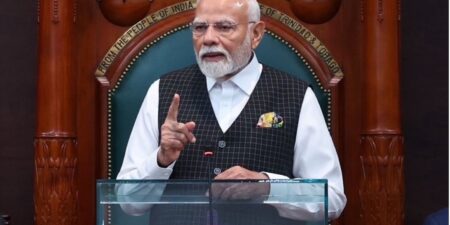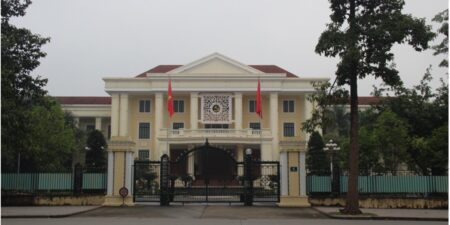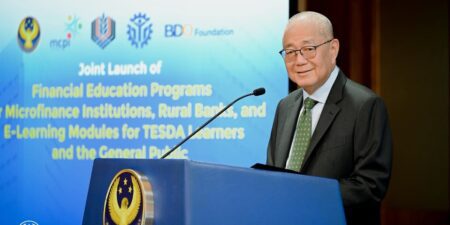The BGA India team, led by Managing Director Ratan Shrivastava, wrote an update to clients on the Trade and Economic Partnership Agreement (TEPA) signed by India and the European Free Trade Association (EFTA).
Context
- India and the four-nation EFTA on March 10 signed the TEPA, which aims to liberalize trade and investments and includes $100 billion in investment commitments. The agreement seeks to foster economic integration between the two parties and builds on the Indian government’s focus to secure fair, balanced and equitable trade agreements. The TEPA comes after 16 years of negotiations and follows India’s recently concluded trade deals with Australia and the United Arab Emirates.
- The deal leverages the complementary economic strengths of both sides by providing binding commitments of $100 billion foreign direct investment inflows to India from the EFTA while enhancing India’s market access to commodities from this grouping over a 15-year period. The agreement is viewed as the first free trade deal with a legal commitment to promote target-oriented investments and facilitate job creation in India.
Significance
- The TEPA’s commitment to bring an additional $100 billion of foreign direct investment into India in the next 15 years is expected to create 1 million jobs. The EFTA has $10.7 billion in foreign direct investment in India as of 2022, of which $10 billion is from Switzerland. The TEPA is expected to nudge the EFTA’s private companies to diversify their manufacturing base, strengthen supply chains, promote technology collaboration and leverage India’s growing talent pool.
- The trade agreement aims to increase bilateral merchandise trade by simplifying customs procedures, introducing graded tariff concessions and enhancing market access for commodities. The TEPA includes 14 chapters that outline commitments for trade facilitation, sanitary and phytosanitary measures, technical barriers to trade, rules of origin and market access for goods.
Implications
- The TEPA’s implementation will start within the year and last 15 years as the EFTA countries work on getting the deal ratified through their parliaments. Businesses can expect to see increased interest to invest in India across various sectors, such as machinery, logistics, food processing, chemicals, pharmaceuticals and banking and financial services.
- BGA recommends that EFTA-based companies proactively leverage the upcoming opportunities in India and explore market entry or expansion strategies, considering options such as joint ventures, partnerships or setting up subsidiaries to manufacture or channel their products in India.
We will continue to keep you updated on developments in India as they occur. If you have any comments or questions, please contact BGA India Managing Director Ratan Shrivastava at ratan@bowergroupasia.com.
Best regards,
BGA India Team


























